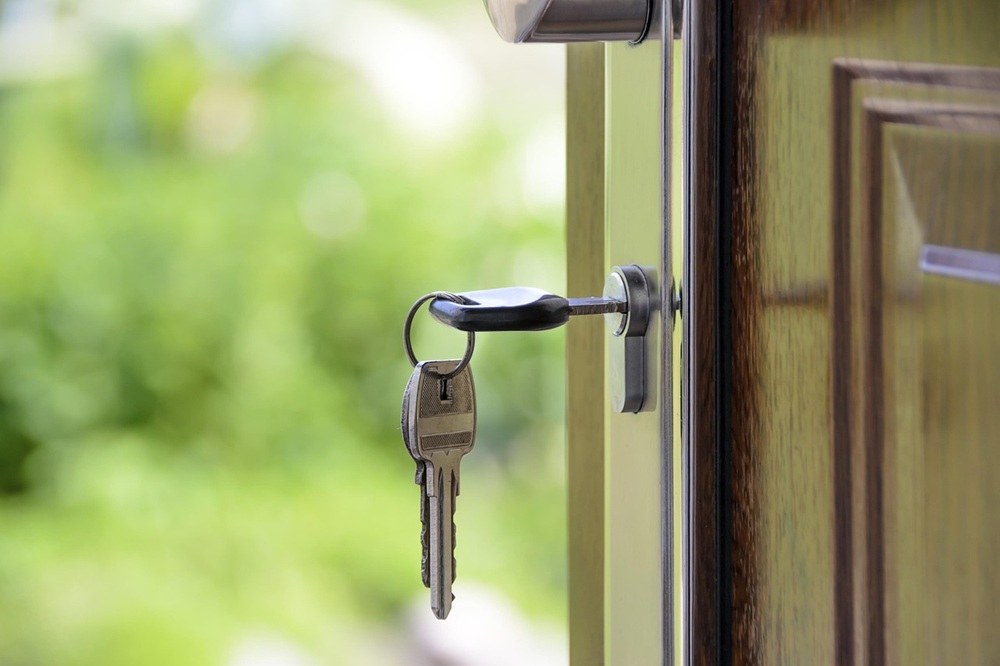Learning all in the ins and outs of what a Landlords responsibility are and what tenant responsibilities are can be daunting and confusing, but with the right guidance we can help educate and inform you of the essentials.
Who is responsible for Pest Control?
Ants, roaches, spiders, bees, mice and rats are just a few of the common pest problems homes can suffer from. As a landlord, addressing these issues in your rental property comes with an extra layer that owner-occupiers do not need to consider.
Who is responsible for pest control in a rental property? Is it the landlord or the tenant? It generally depends on the situation and what, if anything, has caused the issue.
Important! Do not ignore a pest problem. Ignoring pests in your property can lead to additional property damage—think ruined wiring from vermin teeth, cladding damage and potential water ingress from burrows and tunnels. The sooner the pests are gone, the less potential damage to your property.
If the pests were there before the start of the tenancy
If your tenant moves into your rental property and after a few days reports a hive of bees in the backyard, or perhaps an ants’ nest in the kitchen. In instances such as these, where it is clear the pests were present before the tenant moved in, it is your responsibility as the landlord to address it.
If the issue is caused because you’ve failed to maintain the property (e.g. failing to fill gaps or repair damage that has allowed pests to establish a foothold in the property) then your tenants may issue you a notice to remedy. However, we can help guide you through this.
If the pests have taken root after the start of the tenancy
This is where the line gets a little grey and responsibility can vary depending on individual situations.
If the tenant has done something to cause the infestation, for example, failing to keep the property at a reasonable level of cleanliness, it is their responsibility to remedy it. Again, if you have failed to properly maintain the property and that’s allowed pests to gain access, the responsibility will fall on you, potentially in the form of a notice to remedy.
In instances where neither party is afault—for example, if cockroaches appear in the home due to earthworks on a neighbouring property—the responsibility is unclear. While most insect problems can be solved with a can of bug spray, which is usually within the means of a tenant,a persistent pest problem may require professional pest control. In these cases, the responsibility often falls to the landlord as they are required,under section 45 (1) (a) of the Residential Tenancies Act, to provide the premises in a reasonable state of cleanliness.
In some instances when no one is at fault, landlords and tenants choose to split the cost between them, but this is not a legal requirement.
Need to fumigate?
In situations where the property requires a professional exterminator, the responsibility of organising this generally falls to the landlord. As the landlord, it’s likely you will also have to cover the cost of fumigation—unless the issue was caused by the tenant, in which case, you can hold tenants liable for the cost to be at their expense. Again we can help you navigate through this.
3 tips to avoid pest issues in your rental
1. Fumigate between tenancies.
2. Check the property for signs of pests before your tenants move in.
3. Arrange annual fumigation. Prevention is cheaper than the cure.
4. Repair and fill any gaps that may allow insects and vermin to get in. Interestingly, the new Healthy Home Standards require landlords to correct any gaps or holes that cause significant draughts (and indirectly allow easy access to pests).
As a Property Management Company, we always check for signs of pests during our 3-month routine inspections. We always ask our tenants to report any pest problems immediately. This is clearly stated at the time of signing up for the property
In most cases, the responsibility of pest control falls to the landlord unless it its clearly tenant related.









